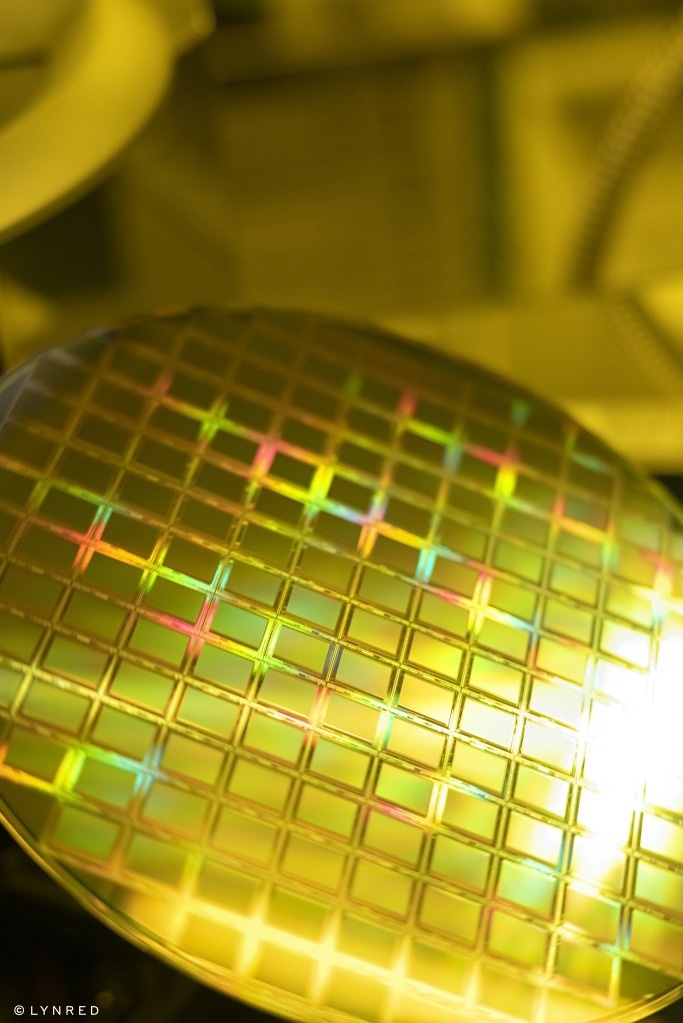Lynred, a leading global provider of high-quality infrared detectors for the aerospace, defense and commercial markets, today announces the launch of HEROIC, a European Defence Fund project aimed at developing highly-advanced electronic components for next-generation infrared (IR) sensors, while consolidating the supply chain of these state-of-the-art products in Europe.

Image Credit: Lynred
A consortium of 10 European partners led by Lynred, HEROIC (High Efficiency Read-Out Integrated Circuit) is a four-year project starting this month with a budget in the order of €19M (»$19.8M), of which the European Defence Fund is contributing €18M (»$18.8M).
HEROIC is the first collaboration of its kind to bring together European IR manufacturers, several of whom are competitors, to strategically tackle a common problem. The project’s main objectives are to increase access to, and dexterity in, using a new European-derived advanced CMOS technology that offers key capabilities in developing the next generations of high-performance infrared sensors - these will feature smaller pixels and advanced functions for defense applications. One overall aim is to enable Europe to gain technological sovereignty in producing high-performance IR sensors.
Consortium members include three IR manufacturers: AIM (DE), project leader Lynred (FR), and Xenics (BE); four system integrators: Indra (ES), Miltech Hellas (GR), Kongsberg (NO) and PCO S.A. (PL); a component provider: Ideas, an IC developer (NO), as well as two research institutions CEA-Leti (FR), and the University of Seville (ES).
“Lynred is proud to collaborate on this game-changing project aimed at securing European industrial sovereignty in the design and supply of IR sensors,” said David Billon-Lanfrey, chief strategy officer at Lynred. “This project represents the first phase for European IR manufacturers to gain access to a superior CMOS technology compatible with various IR detectors and 2D/3D architectures, and equally importantly, make it available within a robust EU supply chain.”
Acquiring the latest advanced CMOS technology with a node that no consortium partner has had an opportunity to access is pivotal to the sustainable design of a next-generation Read-Out Integrated Circuit (ROIC). Its commonly specified platform will allow each consortium partner to pursue its respective technological roadmap and more effectively meet the higher performance expectations of post-2030 defense systems.
“The HEROIC Project will enable AIM to develop advanced ROICs based on European Silicon CMOS technology, as an important building block in its next-generation IR sensors,” said Rainer Breiter, vice-president, IR-Module programs, at AIM. “We are looking forward to working together with our partners in this common approach to access the latest advanced CMOS technology.”
IR sensors are used to detect, recognize and identify objects or targets during the night and in adverse weather and operational conditions. They are at the center of multiple defense applications: thermal imagers, surveillance systems, targeting systems and observation satellites.
Next-generation IR systems will need to exhibit longer detection, recognition and identification ranges, and offer larger fields of view and faster frame rates. This will require higher resolution formats encompassing further reductions in pixel pitch sizes down from today’s standard 15μm and 10μm to 7.5μm and below. This will need to be obtained without increasing the small footprint of the IR sensor, thus maintaining reasonable system costs and mechanical/electrical interfaces. These requirements make the qualification of a new CMOS technology mandatory to achieving higher performance at the IR sensor level.
"Xenics sees the HEROIC project as a cornerstone for its strategy of SWIR development for defense applications,” said Paul Ryckaert, CEO of Xenics. “Thanks to this project, the consortium partners will shape the future of European CMOS developments and technologies for IR sensors.”
Origins of the Project
HEROIC originated in a workgroup meeting that took place in 2019 on IR technologies of the European Defence Agency, where it was deemed necessary to fortify a supply chain of key technologies among European IR manufacturers. Lynred took the initiative to define a Europe-wide project and created a consortium to consolidate the IR ecosystem in Europe.